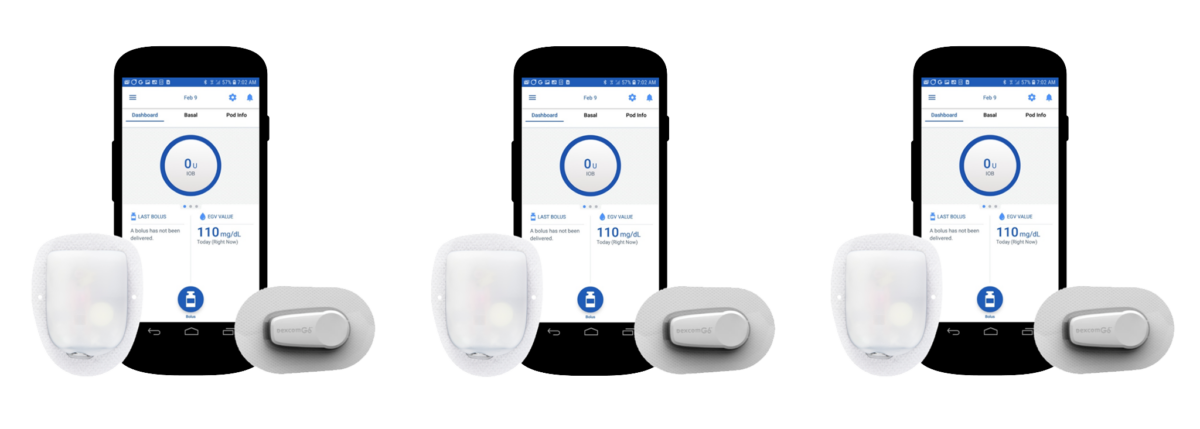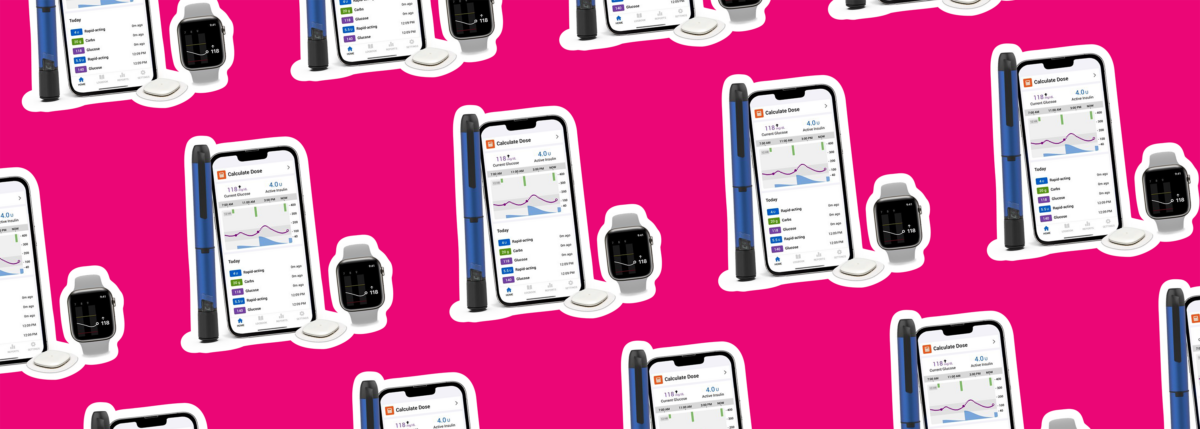FDA Investigating Contaminated Metformin, Risk is Low for Type 2 Patients
Written by: T'ara Smith, MS, Nutrition Education
3 minute read
December 8, 2019
The FDA, Health Canada, and European Union investigate the presence of cancer-causing NDMA in Type 2 diabetes drug, metformin. The risk to patients is very low.
Update (2/3/20): The FDA issued a statement on laboratory test results for NDMA levels in metformin. The agency found the levels of NDMA in metformin products range from not detectable to no levels. No sample exceeds the acceptable daily intake for NDMA and the FDA has not recommended metformin recalls in the United States. The FDA will continue to monitor NDMA in metformin along with other drug products.
For original reporting on this story, please read below.
The U.S. Food and Drug Administration (FDA), Health Canada, the European Union’s (EU) European Medicines Agency (EMA) are investigating the presence of human carcinogens in the drug metformin, a common drug to treat type 2 diabetes. Metformin is known under brand names such as Glucophage and Fortamet.
The FDA and the EMA are examining metformin products for the cancer-causing N-nitrosodimethylamine (NDMA) after some metformin drugs in Singapore were found to contain it. According to the EMA, Singapore’s Health Sciences Authority (HSA) was recalling three out of the 46 metformin products tested so far.
Health Canada stated it is not aware of any metformin products in Canada containing NDMA above acceptable limits but is closely working with international regulatory partners to assess the issue.
This investigation is also part of a larger effort by the FDA to determine the levels of the carcinogen, N-nitrosodimethylamine (NDMA) in a range of drugs after this year’s recalls of Zantac, the heartburn drug, for fear it contained NDMA. In regards to the Zantac recalls, the FDA stated the levels of NDMA in Zantac were no higher than those found in grilled or smoked meats.
“The FDA is investigating whether metformin in the U.S. market contains NDMA and whether it is above the acceptable daily intake limit of 96 nanograms,” said Janet Woodcock, director of the FDA’s Center for Drug Evaluation and Research.
The agency will recall metformin products as appropriate; no metformin drugs on the US market have been affected at the moment. Woodcock also stated reasons for impurities in drug range from manufacturing processes to the way they’re packaged and stored.
What’s the risk for type 2 patients?
According to all of the regulatory agencies, the risk for type 2 patients is very low. Humans are naturally exposed to NDMA through drinking water, air pollution, fruits, vegetables and cured meats. When ingested at low levels, people aren’t expected to experience adverse health events.
Dr. Marina Basina MD, clinical associate professor at Stanford University, told Beyond Type 2 “Metformin is the most widely prescribed medication for type 2 diabetes and has been on the marker for the past five decades. In the previous studies metformin has been shown to have beneficial effects for cardiovascular health in individuals with diabetes and also for possible prevention of several types of cancer. [Recently] regulatory agencies outside of the US suspected that some metformin formulations may contain low levels of carcinogenic impurity N-Nitrosodimethylamine (NDMA). There are no recalls of US metformin formulations at present time. FDA is aware of this issue and will investigate metformin for the potential carcinogenic NDMA levels. There are low levels of NDMA naturally occurring in some foods and water. While investigation is ongoing, it is extremely important for patients who are treated with metformin to continue the medication or consult with their healthcare providers. Medication has many benefits in individuals with diabetes and even pre-diabetes.”
Health Canada states a person could take a drug containing low levels of NDMA every day for 70 years and not have an increased risk for cancer. Per the FDA, exposure to toxins above acceptable limits over long periods of time increases the risk of cancer.
The FDA recommends patients and health providers take and prescribe metformin as needed because there are no other options that treat diabetes the same way.
“It could be dangerous for patients with this serious condition to stop taking their metformin without first talking to their health care professional,” Woodcock added.
EMA shares a similar sentiment, adding that the dangers of not adequately managing type 2 diabetes are far higher than the risk of NDMA in metformin.
If metformin drugs in the U.S. are recalled, the FDA will provide timely updates to patients and healthcare professionals.
Beyond Type 2 will monitor this story and provide updates as new developments are reported.

Author
T'ara Smith, MS, Nutrition Education
T’ara was diagnosed with type 2 diabetes in July 2017 at the age of 25. After her diagnosis, she focused her academic studies and career on diabetes awareness and living a full life with it. Two years later, T'ara discovered she'd been misdiagnosed with type 2 and actually has latent autoimmune diabetes in adults (LADA). Outside the office, T’ara enjoys going to the movies, visiting parks with her dog, listening to BTS and cooking awesome healthy meals. T’ara holds an MS in Nutrition Education from American University.
Related Resources

Already compatible with Dexcom’s G6 and G7 continuous glucose monitors (CGMs), the Omnipod 5 Automated...
Read more

The younger a person is diagnosed with type 2 diabetes, especially those with obesity, the...
Read more

The Oura Ring, which tracks things like sleep, heart rate, and activity, is joining forces...
Read more

